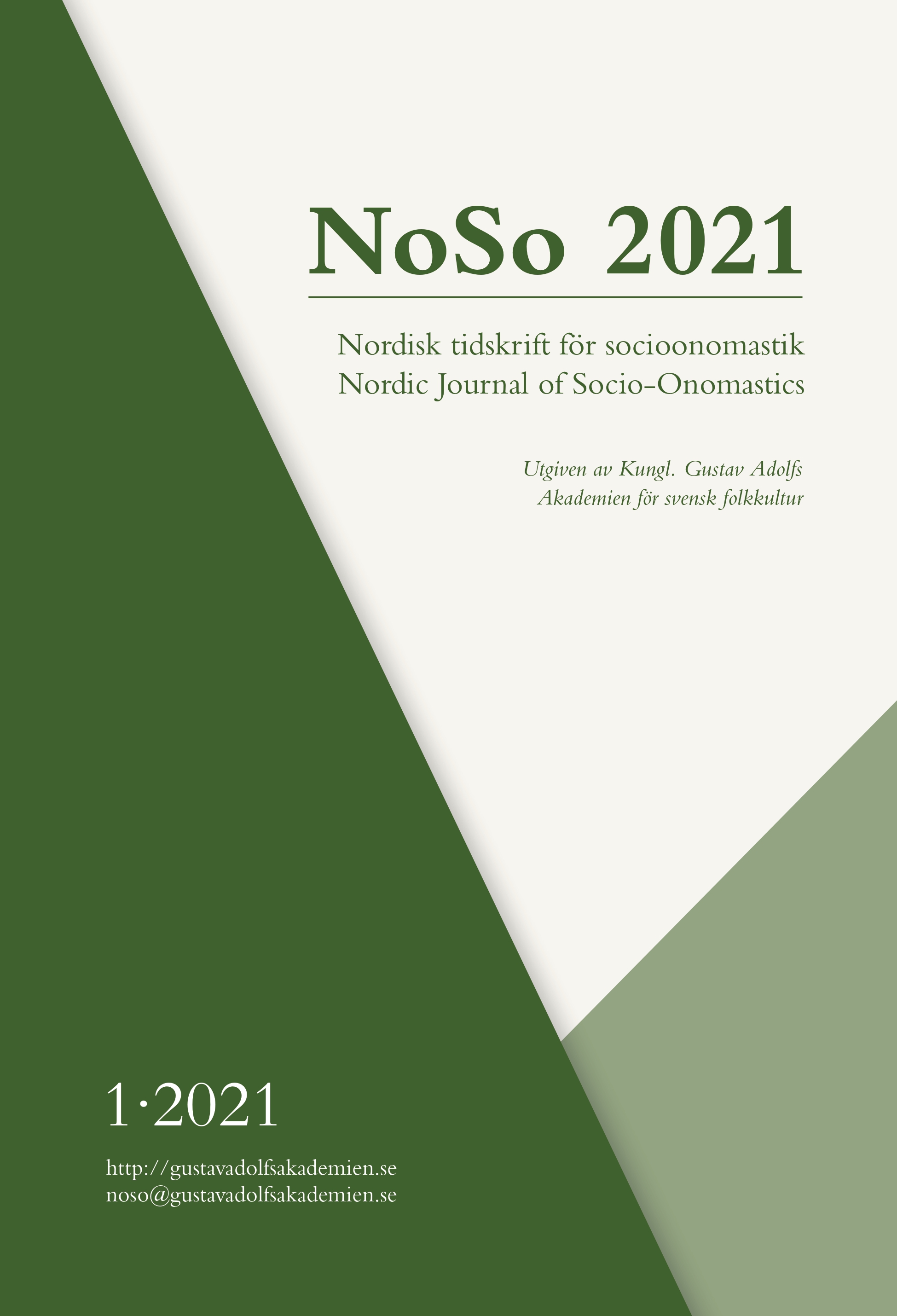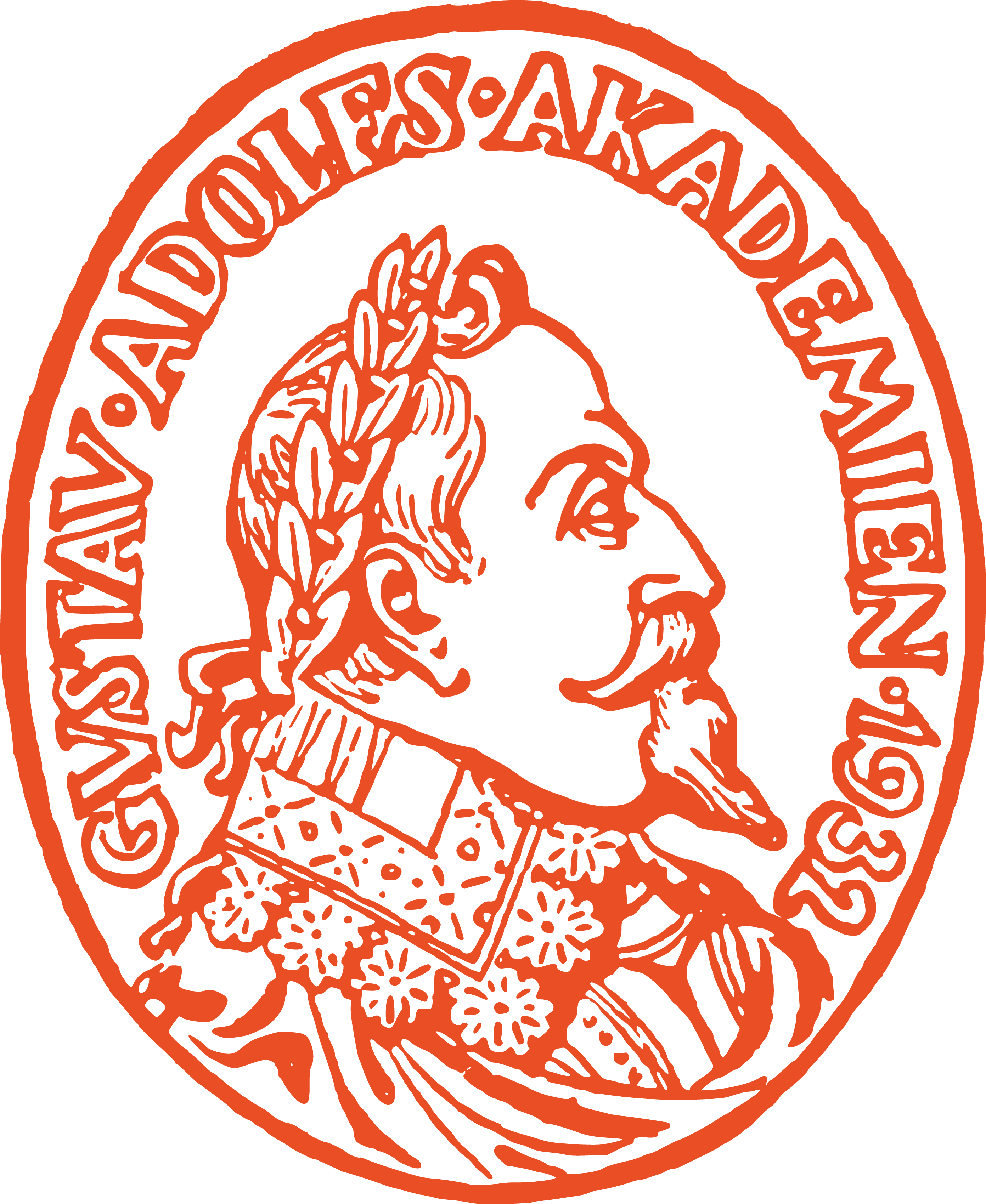Referring to women using feminine and neuter gender
Sociopragmatic gender assignment in German dialects
DOI:
https://doi.org/10.59589/noso.12021.14722Nyckelord:
first names, grammatical gender, gender agreement, sociopragmatics, grammaticalization, German dialects, LuxembourgishAbstract
In German, gender is a strongly grammaticalized category and has the function of indicating grammatical agreement between syntactic units. Usually, each noun is assigned one of three grammatical genders. In standard German, nouns denoting women are typically feminine. However, Luxembourgish and some German dialects show a peculiarity: here, the gender of female first names and other parts of speech (e.g. pronouns) referring to women can be both feminine and neuter, depending on the nature of the interpersonal relationship between the speaker and the female referred to. In these varieties, gender assignment is governed by sociopragmatic factors. Sociopragmatic gender assignment is a result of de-grammaticalization, which is reflected in both syntagmatic and paradigmatic gender variability. The study shows that there is considerable diatopic variation in the use and function of gender in references to women. In some dialects, the neuter has become the default gender of female first names; this is a case of re-grammaticalization.
Downloads
Publicerad
Referera så här
Nummer
Sektion
Licens
Copyright (c) 2021 författaren/författarna

Det här verket är licensierat under en Creative Commons Erkännande 4.0 Internationell-licens.





